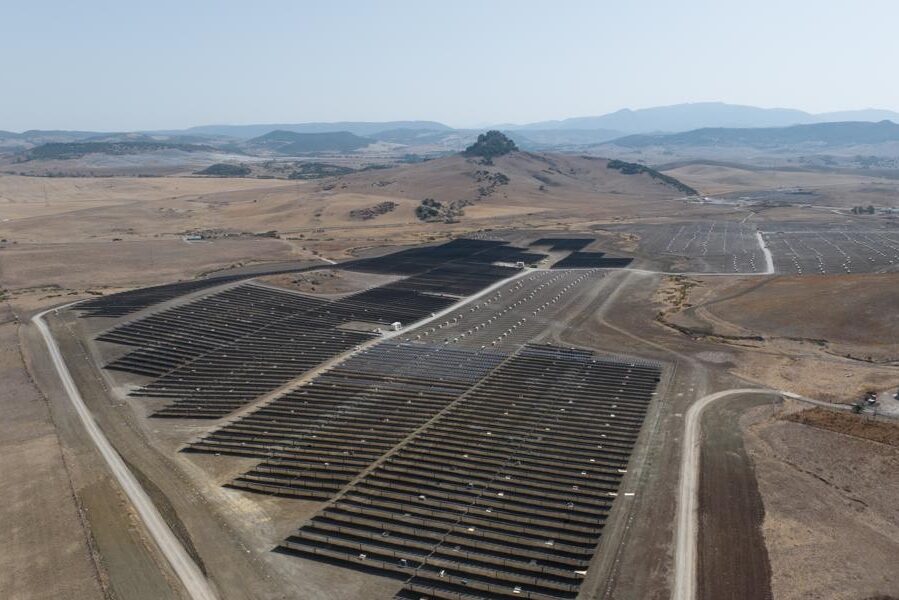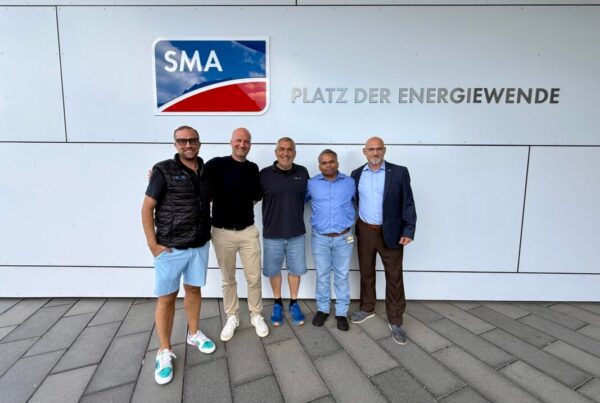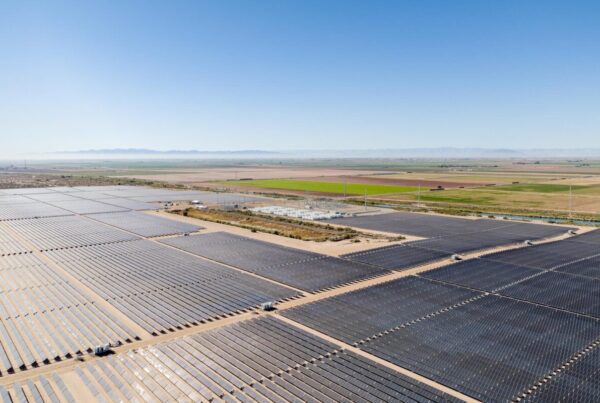
“The new phase marked by the closing of our financing demonstrates the solidity of our business and the ambitious nature of our plans and opens a new scenario for us to explore technological and geographical diversity, and to grow in volume and team headcount, with the aim of becoming one of the largest IPPs in the market,” said BNZ managing director Luis Selva.
“We want to continue building a cleaner and more sustainable future, and the support from such significant financial institutions such as the EIB shows a shared long-term vision to achieve a better world.”
The news is a positive development for BNZ, which has ambitious plans for its solar portfolio, but yet to realise many of them. The company currently operates just 74MW of solar capacity in Spain, and with 1.7GW of capacity in its pipeline, the additional financial support from the EU could be essential to the company’s success.
This financial support is tied to a number of EU initiatives to support the greater deployment of renewable enery capacity, including InvestEU, the EU’s programme to mobilise more than €372 billion (US$415.4 billion) of public and private investment until 2027.
The funds are also part of the EIB’s support of the REPowerEU plan, which has sought to reduce European reliance on Russian oil and gas in the aftermath of Russia’s invasion of Ukraine, and is part of the EIB’s commitment of €30 billion (US$33.5 billion) of additional financing between 2022 and 2027. The news also follows the EU Commission’s €1.2 billion (US$1.3 billion) investment into a Polish renewable energy manufacturing programme, as the EU looks to support both upstream and downstream parts of the clean energy supply chain.
The announcement is good news for the European solar sector, which has seen a number of discouraging developments since much was made of the region’s potential for manufacturing, in particular, at the Intersolar event held over the summer in Germany. These include the departure of Meyer Burger CEO Gunter Erfurt earlier this week, raising questions about the long-term viability of solar manufacturing in Europe.






